
Emerta Aragie
Research Fellow, Foresight
and Policy Modeling

Back
With research staff from more than 60 countries, and offices across the globe, IFPRI provides research-based policy solutions to sustainably reduce poverty and end hunger and malnutrition in developing countries.

researcher spotlight
Elodie Becquey is a Senior Research Fellow in the Nutrition, Diets, and Health Unit, based in IFPRI’s West and Central Africa office in Senegal. She has over 15 years of research experience in diet, nutrition, and food security in Africa, including countries such as Burkina Faso, Chad, Ethiopia, Ghana, Kenya, Mali, and Tanzania.

Back
Since 1975, IFPRI’s research has been informing policies and development programs to improve food security, nutrition, and livelihoods around the world.

Back
IFPRI currently has more than 600 employees working in over 80 countries with a wide range of local, national, and international partners.
Globally, about a third of all food is lost or wasted every year. In a world where one in nine people goes hungry, food loss and waste are urgent issues. Reducing food loss and waste can improve food security, nutrition, and smallholder incomes, and potentially reduce agriculture’s contribution to global greenhouse gas emissions.
But data on food loss and waste are scarce. In developing countries, we know little about how much food is lost or wasted and where these losses happen along the value chain—from preharvest losses to consumer waste though poor storage, inefficient supply chains, inadequate infrastructure, and consumer behavior, all stages of the value chain play a role.
To address these knowledge gaps, IFPRI researchers are developing better methodologies to measure food losses and pinpoint where they occur along the value chain. This information is key to designing targeted policies and effective programs for reducing food loss.
IFPRI also evaluates the impact of innovations and technologies for reducing food losses, such as quality-based contractual arrangements, bio-controls for reducing aflatoxin contamination, and appropriate cold storage and transport options for low-income countries.IFPRI’s research on this topic is closely aligned with the Sustainable Development Goals (SDGs), including SDG 2 and SDG 12, and the CGIAR Impact Areas on Nutrition, Health, and Food Security; Poverty Reduction, Livelihoods, and Jobs; and Climate Adaptation and Mitigation.
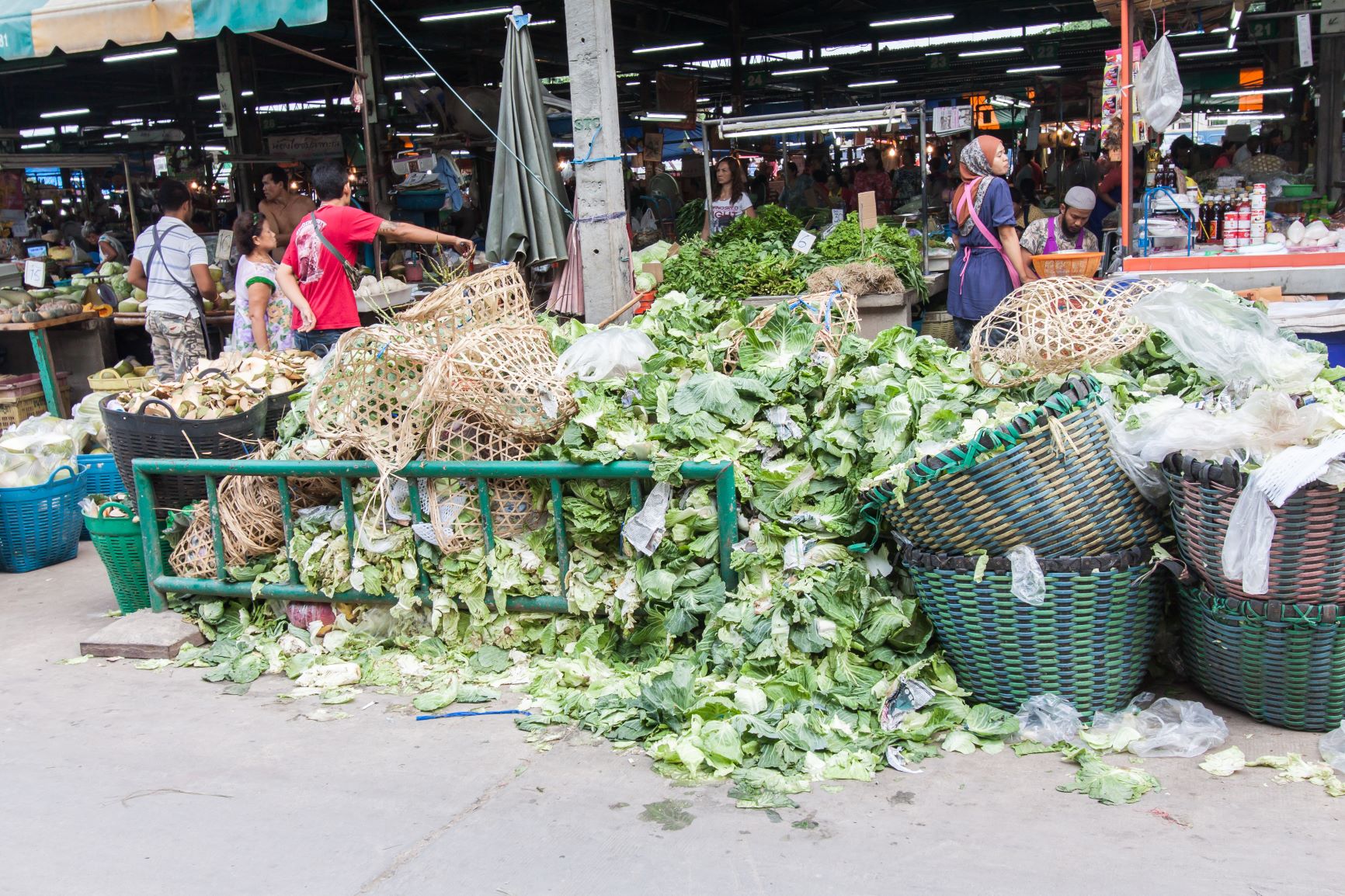
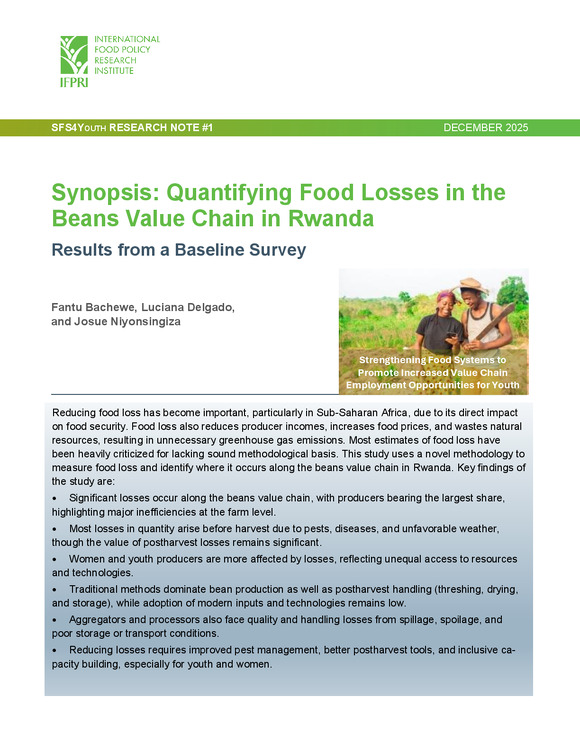
Brief
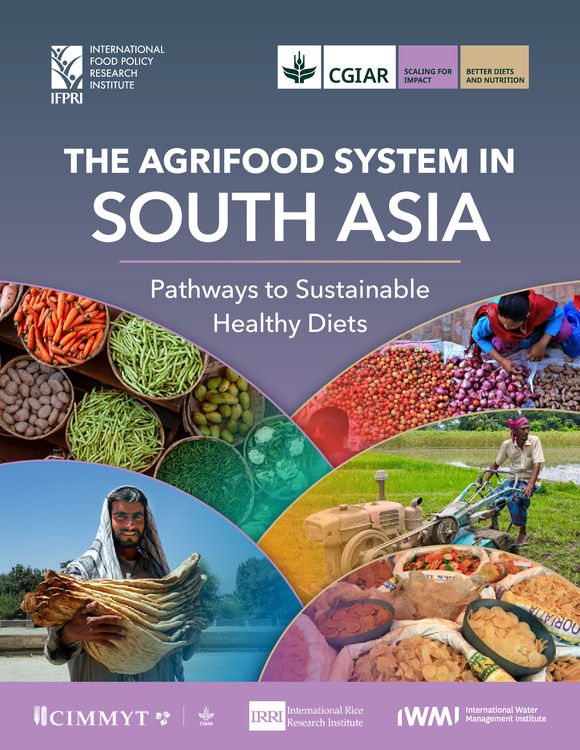
Book
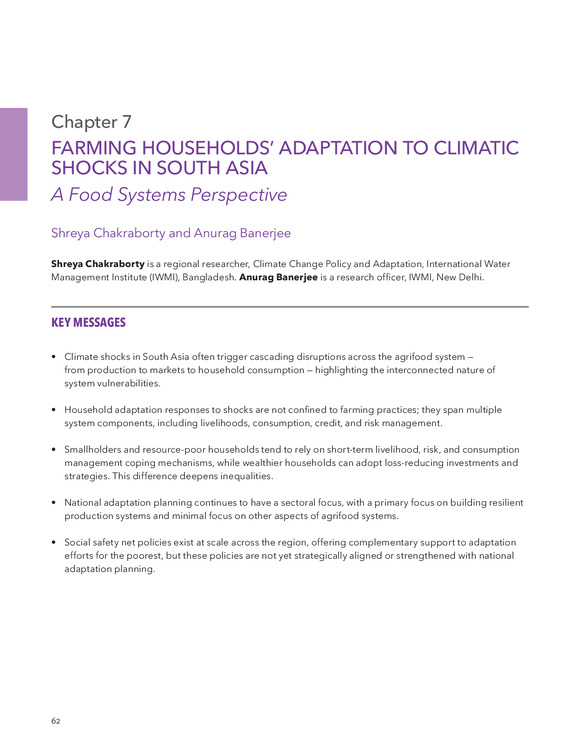
Book Chapter
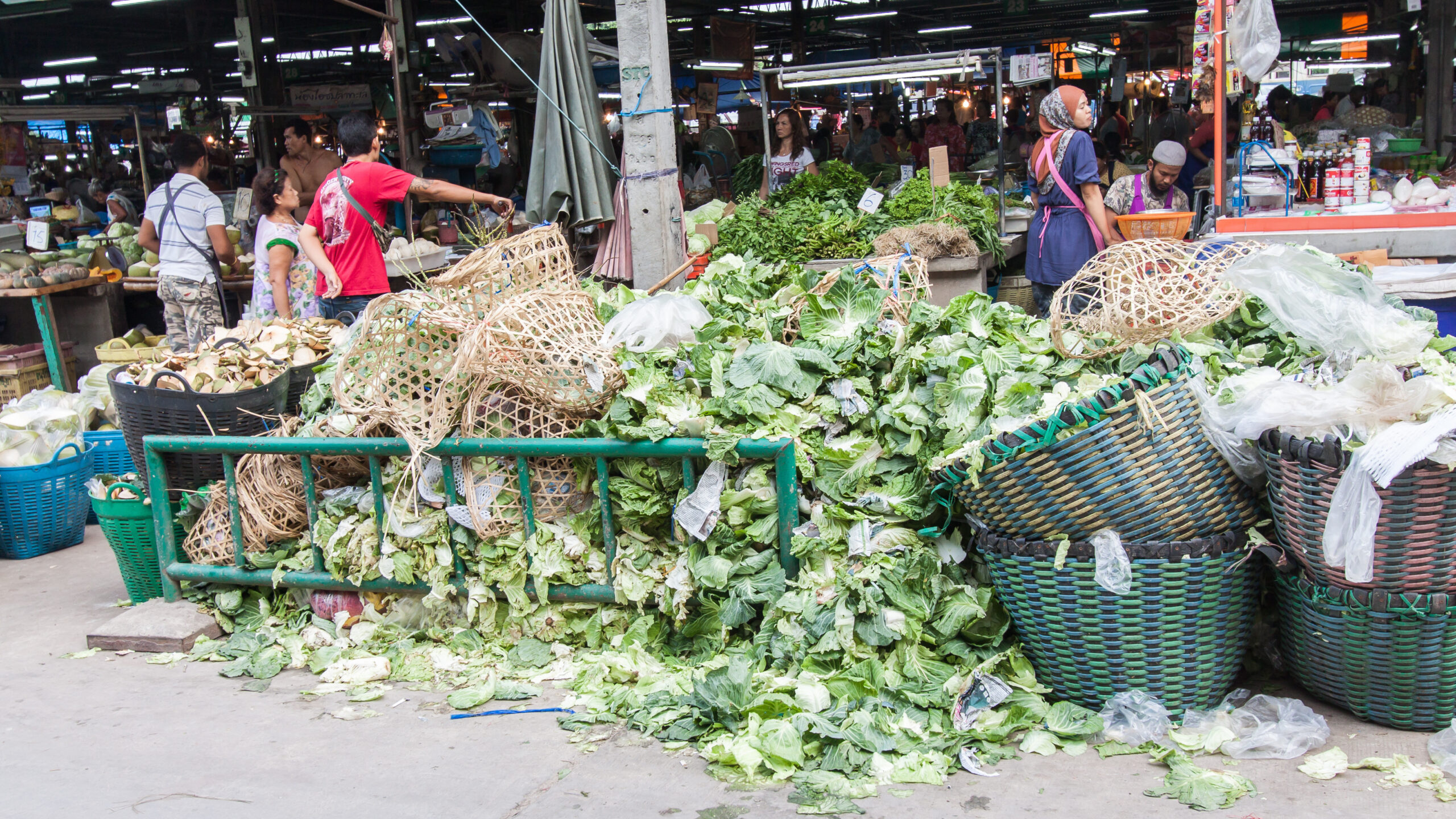
Managing value chains to reduce greenhouse gas emissions.
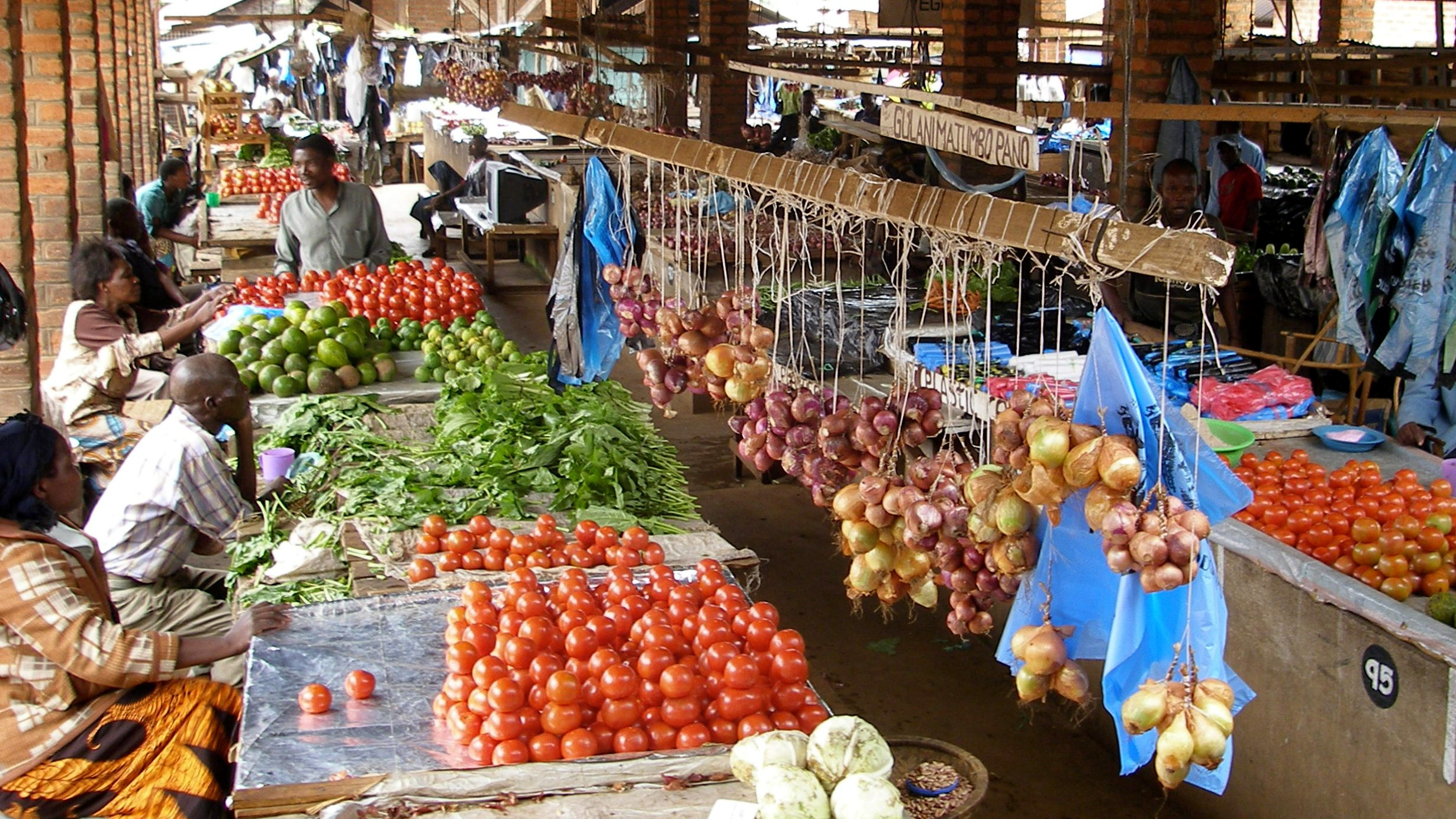
Integrating key goals of food system transformation.
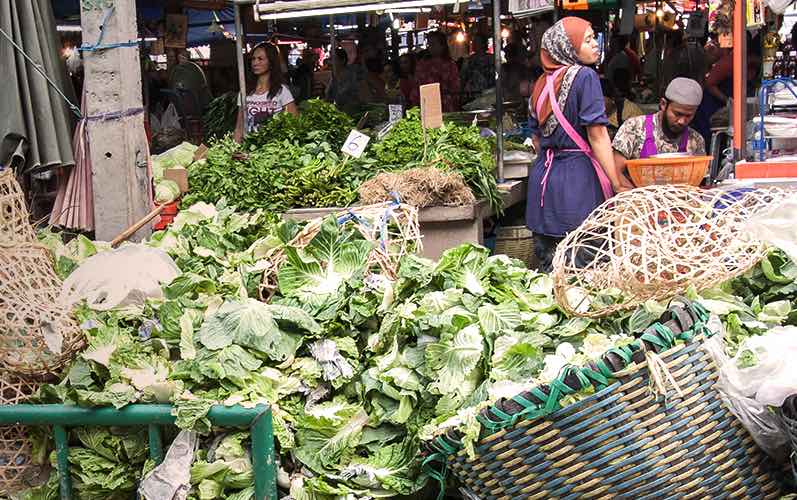
Ways to address a global challenge.
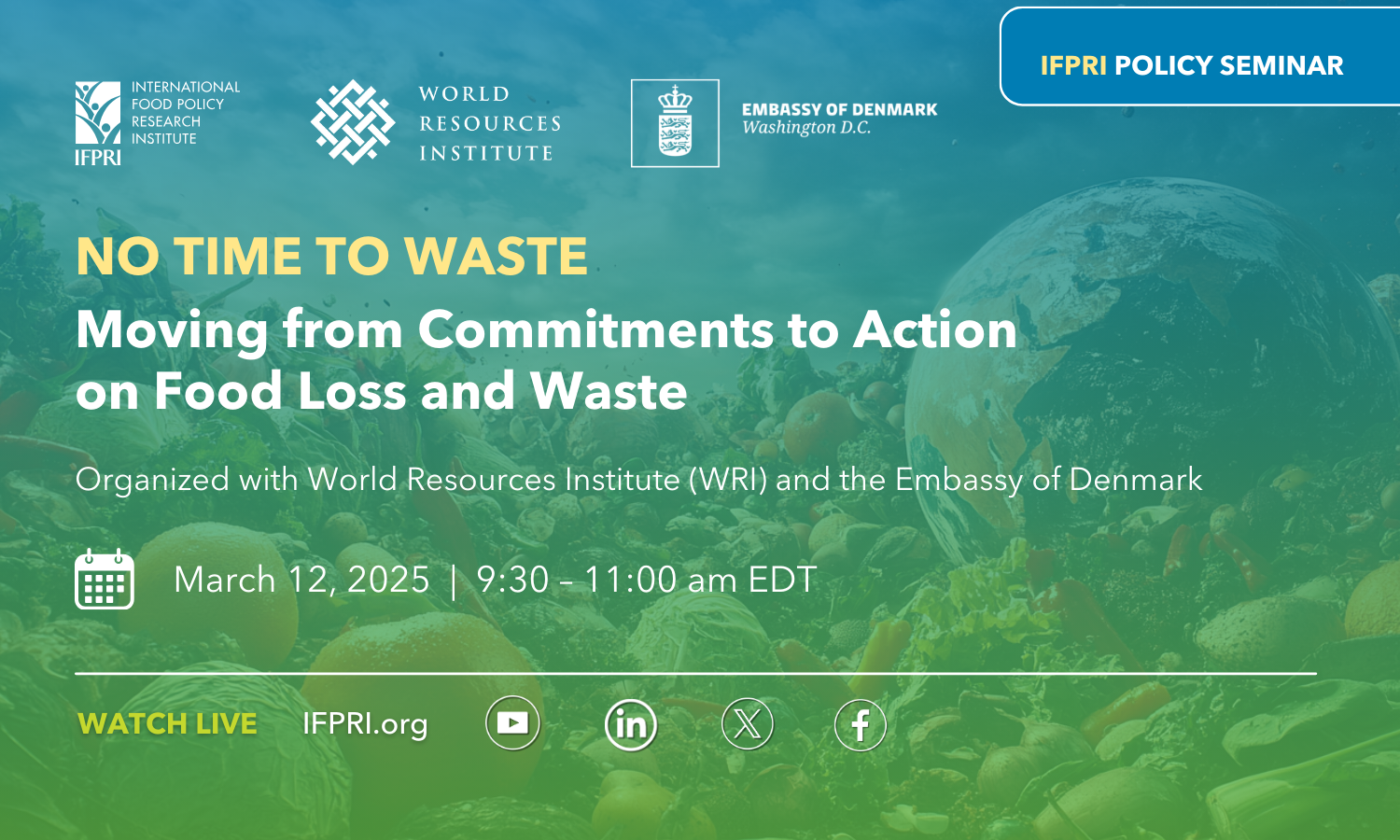
Significant levels of food loss and waste continue to have negative impacts on food security and the environment, and Sustainable Development Goal 12.3, which aims to halve food loss and waste worldwide by 2030, remains out of reach. Join us on “12.3 Day” 2025 to take stock of efforts and opportunities to make progress toward […]
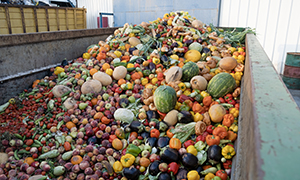
Virtual Event: March 14, 2023 – 9:30 AM- 11:00 AM EST. The seminar will take a closer look at fruits and vegetables, which are among the healthiest but most wasted foods. Given their perishable nature, great care, attention, and cooperation along all parts of fruit and vegetable value chains are required to reduce food loss and waste.
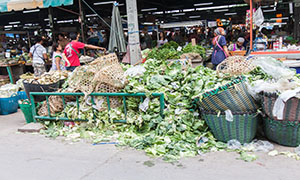
Virtual Event: March 10, 2022 – 9:30 AM to 11:00 AM EST. At this seminar, young changemakers associated with the World Food Forum will pose questions and engage in a dialogue with a panel of leaders.
In an op-ed by Shoumi Mustafa, a research coordinator at the International Food Policy Research Institute (in Dhaka) writes in Protho Malo (Bangladesh) that approximately a third of all food produced in the world in a year is lost or wasted in post-harvest operations (PHL). Recent estimates suggest that 1.45 crore (145 million) tons of […]
Business Mirror (The Philippines), in an article about food waste and loss in the country, writes that the problem does not only occur in Philippine households, but in countries throughout the world. Food waste and loss is not merely what happens with consumers, but “Our farmers also incur postharvest losses, which the Food and Agriculture […]
The Guardian (Nigeria) published an article on food spoilage. Food spoilage, which is the loss of food meant for human consumption due to inefficiency along the food supply chains, reduces the net availability of food for human consumption. Lack of food, because of spoilage, intensifies poverty, hunger, and malnutrition. IFPRI estimates that a 10 percent reduction in […]

Research Fellow, Foresight
and Policy Modeling

Research Analyst, Innovation
Policy and Scaling

Associate Research Fellow, Development
Strategies and Governance

Senior Research Fellow, Foresight
and Policy Modeling

Research Analyst, Poverty,
Gender, and Inclusion

Program Manager, Development
Strategies and Governance

Senior Program Manager, Poverty,
Gender, and Inclusion